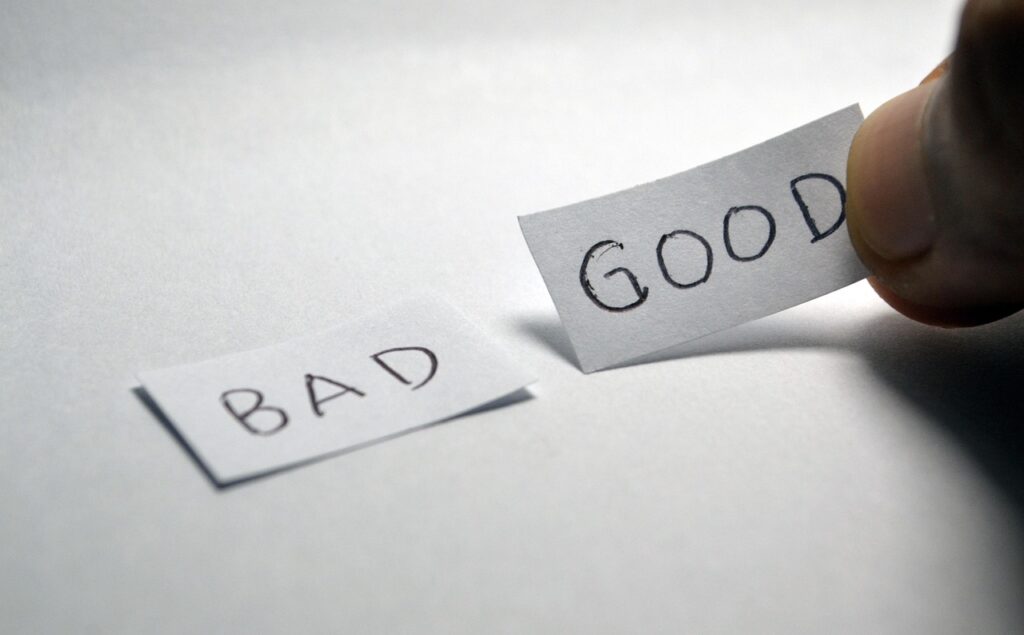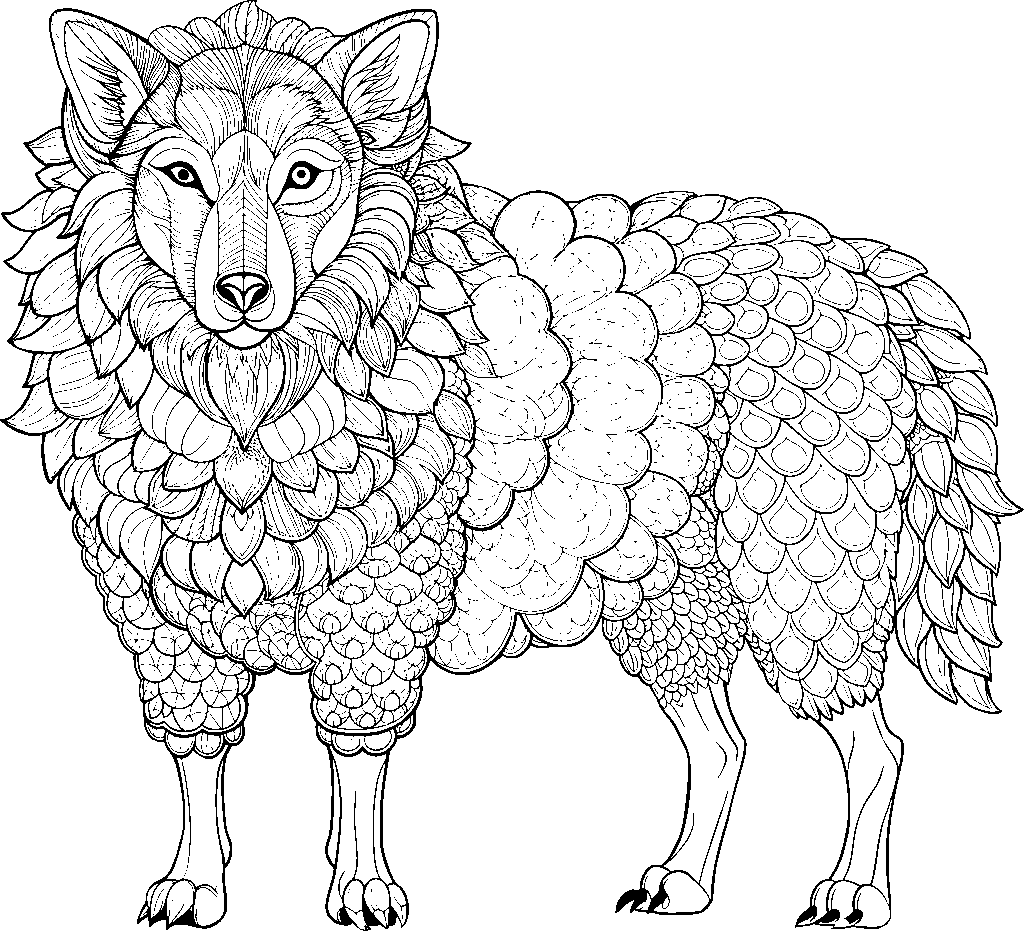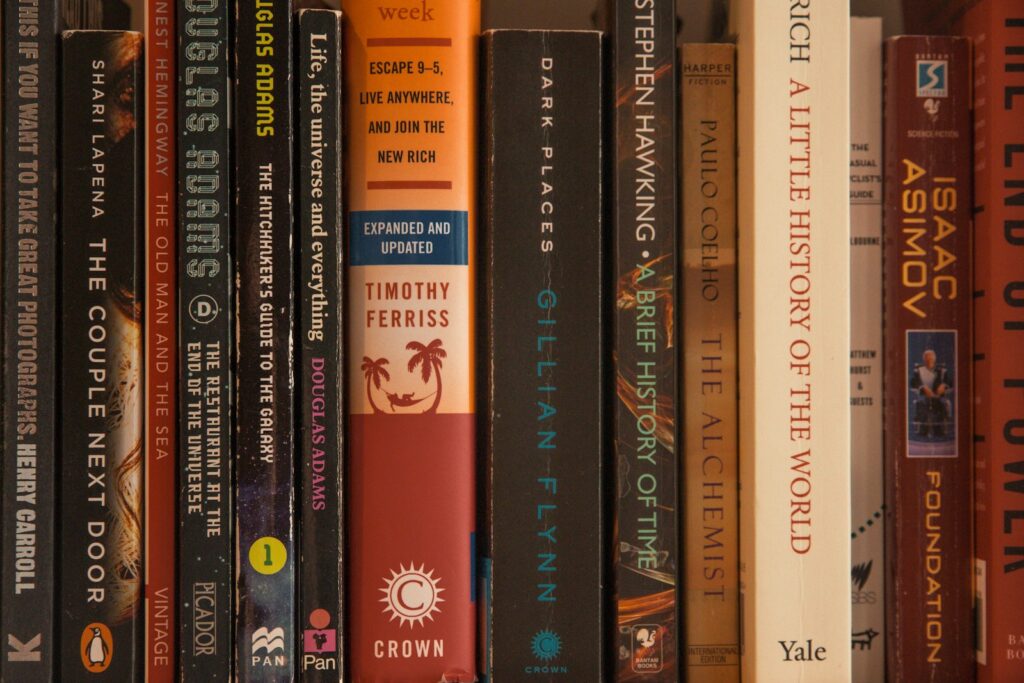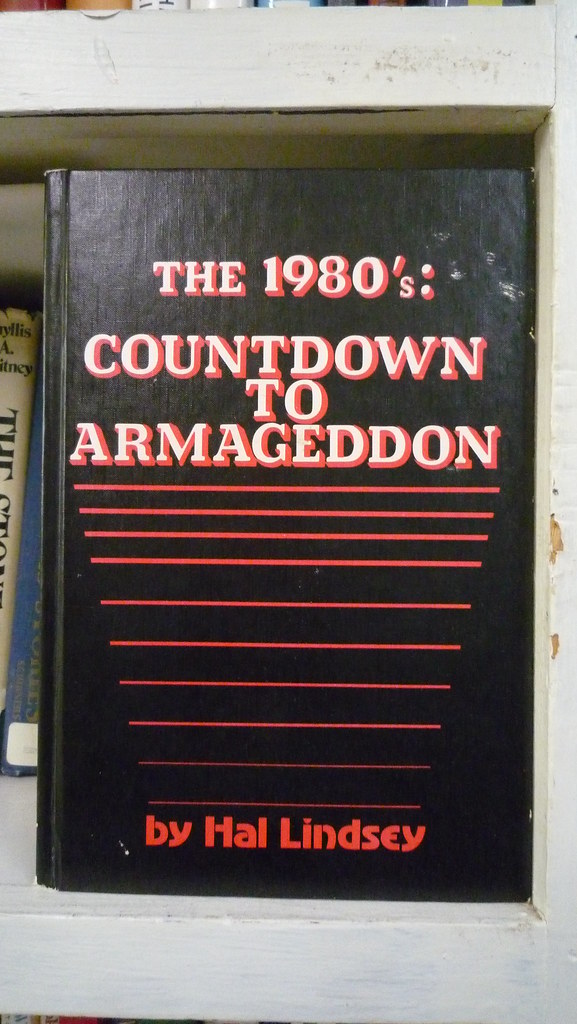Alright, truth bomb time: ever wondered if you’ve got a seriously high IQ? Forget those tricky logic puzzles or intense math problems. Sometimes, the real test of a brilliant mind lies in how deeply you understand the everyday words we toss around without a second thought. And today, we’re putting one of the most versatile, complex, and utterly fascinating words in the English language under the microscope: “high.” Get ready to have your mind blown!
This seemingly simple, single-syllable word is an absolute linguistic chameleon. It can describe towering mountains, soaring spirits, epic prices, or even… well, a certain state of altered consciousness. Its broad usage makes it a critical word for expressing concepts of height, intensity, or altered states, as the context so perfectly puts it. If you think you’ve got this word nailed down, prepare for a delightful challenge, because “high” is anything but straightforward.
We’ve cooked up ten essential questions about “high” that go way beyond its surface meaning. If you can confidently navigate the twists and turns of these linguistic challenges, then congratulations, your IQ might just be off the charts! So, let’s kick things off with the first five mind-benders and see if your brain is truly on a “high” level!

1. **What Does “High” Really Mean? Unpacking Its Core Identity**Let’s start with the basics, because even the most fundamental questions can reveal hidden depths. When we talk about “high,” what’s the very first thing that pops into your head? Is it something reaching for the sky, or perhaps something of great importance? According to the context, as an adjective, “high” describes something positioned above average levels, whether literally (e.g., height) or figuratively (e.g., quality or value). This means it extends far upward, above the normal or average level, making it a truly versatile descriptor right from the get-go. It’s the foundational understanding that unlocks its broader semantic landscape.
But wait, there’s more! “High” isn’t just an adjective. When used as an adverb, “high” indicates a considerable upward distance or elevation. Think of a bird that “flew high” into the sky, or when we tell someone to “aim high” in life, setting lofty goals. It modifies verbs and specifies the manner or extent of elevation, adding another layer to its functional flexibility. It’s about being at or to a considerable or specified height, guiding our understanding of movement, aspiration, and position in a dynamic way. This nuanced role as an adverb is often overlooked but profoundly impactful.
And just when you thought you had it, “high” also flexes its muscles as a noun! As a noun, “high” refers to a peak experience, a state of elation, or a significant point in time. Consider “the day’s high was 90 degrees,” which marks a record level, or “the stock market reached a new high this week,” signaling unprecedented success. It signifies a point of maximum intensity, excitement, or elevation, often used figuratively or literally. It represents the pinnacle, the zenith, or the ultimate achievement within a given context. So, it’s not just *what* is high, but *the high* itself, a tangible marker of extremity or triumph. Pretty cool, right?
The sheer breadth of this word’s primary definitions is a testament to its linguistic power. It literally functions as an adjective, adverb, or noun, depending on the context, providing different shades of meaning from physical elevation to abstract concepts of status or intensity. This fundamental understanding is crucial; if you’re already spotting these distinctions, your brain is definitely on fire!
Read more about: Is It Over? Decoding the Social Media Posts Fueling Ryan Reynolds and Blake Lively Breakup Rumors
2. **Can “High” Describe Emotions? Feeling the Vibes!**Beyond just physical elevation, can “high” reach into the complex world of human emotions? Absolutely! This is where “high” gets really interesting and relatable. “High” is often used to describe elevated emotional states like excitement or happiness, conveying a sense of elation and positivity. It’s not just about how tall something is; it’s about how *good* something feels!
The context explicitly states that “high” as a noun, particularly in informal contexts, can mean an “elevated emotional state or drug-induced euphoria.” This showcases its direct link to feelings and psychological conditions. Think about those moments when “his spirits were high after receiving the good news” – it paints a vivid picture of joy and optimism, far removed from mere altitude.
Consider the example: “He felt high on life after completing the marathon.” This isn’t about being physically elevated; it’s about an intense feeling of accomplishment, joy, and vitality. It’s a powerful way to express a peak emotional experience, a moment of profound contentment or exhilaration. This capacity to capture such vivid internal states truly highlights the word’s versatility and its deep resonance with the human condition.
So, yes, “high” absolutely describes emotions, and it does so with a punch! From being in “high spirits” to feeling “high on life,” it beautifully encapsulates those moments of intense joy and contentment that elevate us beyond the everyday. If you understood that emotional leap without skipping a beat, give yourself a mental high-five!

3. **Is “High” Always Literal? The Figurative vs. The Concrete**This is a fantastic question that separates the linguistic novices from the word wizards! Is “high” always about something you can physically measure, like a tall building or a mountain? Or does it frequently venture into more abstract territory? The answer, as you might suspect if your IQ is already buzzing, is a resounding “no, it’s not always literal.”
“High” is frequently used figuratively, such as in “high hopes” or “a career high.” These phrases don’t refer to physical elevation at all. “High hopes” describes an optimistic expectation, an elevated level of anticipation, while a “career high” refers to a peak achievement or a significant, successful point in one’s professional life. The word transcends its physical roots to describe abstract concepts, demonstrating its profound adaptability and symbolic power.
The context provides numerous examples of this figurative usage. We see “high prices,” “high crimes,” “high heat,” “high noon,” and even “high tide.” None of these are about literal height in the same way a “high mountain” is. “High crimes” refer to grave offenses, indicating their severe importance. “High heat” means intense heat, stressing its extreme degree. And “high tide” describes the maximal extent of the sea’s rise, marking a culmination point. These are all about intensity, importance, or culmination rather than a simple measure of physical elevation, enriching its descriptive power immensely.
This dual nature—being both literal and figurative—is one of “high”‘s most captivating qualities. It can anchor us to the tangible world with phrases like “the plane was flying at an altitude so high that it was barely visible,” grounding us in physical reality. Then, in the very next breath, it sends our thoughts soaring into abstract realms like “high scholarship” or “high pleasure,” depicting extensive knowledge or complete enjoyment. Recognizing this nuanced interplay means you’re not just reading words; you’re truly *understanding* their power and their capacity to shape complex thoughts. It’s a leap from simple observation to profound interpretation.
So, if you’re picking up on these subtle shifts between the concrete and the conceptual, you’re already demonstrating a sophisticated grasp of language that goes beyond surface-level comprehension. It’s about interpreting the *context* to determine whether “high” is pointing skyward or hinting at something far more intricate and profound within our experiences or societal constructs. This ability to navigate multiple layers of meaning, often in an instant, is a true mark of intellectual agility and a key indicator of a high IQ! It means your brain is truly on another level.
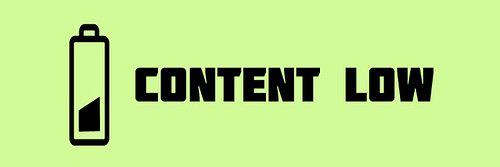
4. **What’s the Opposite of “High”? Beyond the Obvious!**Alright, quick-fire round! If “high” means extending far upward or above average, what’s its exact opposite? Most people would instantly blurt out “low,” and you wouldn’t be wrong. The context confirms this straightforward answer: “The opposite of ‘high’ is ‘low’.” But for those with truly high IQs, the exploration doesn’t stop there. There’s a whole spectrum of “opposites” depending on the specific nuance of “high” you’re contrasting!
While “low” is the most direct antonym, the context offers a rich palette of other words that counter different aspects of “high.” Consider “short” for physical height, “depressed” for emotional states, or “minimal” and “flat” for intensity. If “high” refers to “maximum intensity,” then “minimal” perfectly captures the other end of that spectrum. And if someone is “high in spirits,” then “depressed” or “subdued” would be their antonym. These diverse antonyms highlight how the meaning of “high” shifts in various contexts.
Let’s think about the examples. If “the mountain peaks are so high,” then “low-lying” hills would be the opposite. If “the prices at that store are ridiculously high,” then “base” or “minimal” prices would describe the inverse, reflecting a negligible or foundational cost. The power of the word “high” is that it’s not a one-size-fits-all concept, and neither are its antonyms. They adapt to the specific meaning “high” is conveying in any given sentence or phrase, showcasing linguistic precision.
Understanding the full range of antonyms, like “grounded” or “sunken,” showcases a deeper appreciation for semantic relationships. It’s about discerning that if “high” means “elevated in status,” its opposite might be “base” or “subdued” rather than just “low.” This demonstrates an agile mind capable of navigating the complex web of language, proving your intellectual dexterity and a nuanced understanding of wordplay!
So, while “low” is the easy answer, a high-IQ individual recognizes that language rarely offers just one simple opposite. The true challenge is matching the antonym to the specific contextual meaning of “high.” Did you consider the nuances? Then your brain is definitely operating on another level!
5. **Can “High” Refer to Prices? The Cost of Understanding!**Let’s bring it back to something we all encounter in our daily lives: shopping! Can the word “high” enter the realm of economics and describe how much things cost? Absolutely, and it’s one of its most common and relatable uses. The context explicitly states, “Yes, ‘high’ is commonly used to describe elevated costs or values.” This usage is so ingrained in our vocabulary that we barely even think about it, yet it’s profoundly impactful.
When you walk into a store and exclaim, “The prices at that store are ridiculously high,” you’re not talking about the physical height of the price tags or the building itself. You’re referring to the elevated cost or value of the goods, indicating that they are above the normal or average level that one might expect. This application of “high” is incredibly practical and immediately understood, demonstrating its reach into various facets of our existence, including our wallets.
This particular meaning of “high” as describing “large great (in amount or quantity, value, force, energy, etc.)” is crucial. It’s about more than just numbers; it’s about the *impact* of those numbers on our lives. High interest rates, high voltage, high winds, a high number – all these phrases use “high” to convey a significant quantity or intensity, emphasizing their considerable effect or magnitude.
So, when someone talks about “high prices,” they’re tapping into this powerful aspect of the word, using it to describe an amount that extends above the normal or expected level. It’s a fundamental part of our economic discussions and consumer experiences, influencing our decisions and perceptions daily. If you clearly grasp this everyday application, you’re not just smart about words, you’re smart about the world around you too, understanding its practical linguistic applications!
Understanding this facet of “high” isn’t just about knowing vocabulary; it’s about recognizing how language reflects and shapes our interactions with the world, from personal finances to global markets. It showcases a mind that can connect linguistic meaning to real-world implications, a truly impressive intellectual feat that proves your brain is tuned into every frequency of language!

6. **How is “High” Used in Slang? Getting “High” on Language!**Alright, buckle up buttercup, because we’re about to dive into the wild and wonderful world of slang! If you thought “high” was just about altitude or awesome emotions, prepare to have your mind delightfully blown again. This incredible word, in its most informal guise, takes on a whole new, culturally significant meaning that’s widely recognized across the globe. It’s truly a linguistic chameleon, adapting to every social landscape.
When we talk about “high” in slang, we’re explicitly entering the territory of altered states. The context tells us clearly: “In slang, ‘high’ describes intoxication or an altered mental state.” This isn’t just a casual descriptor; it’s a term deeply embedded in popular culture, often referring to the effects of substances like drugs or alcohol. Think of movies, music, or everyday conversations – this usage is everywhere, reflecting a significant aspect of informal communication. It’s a shorthand that instantly conveys a very specific condition.
But here’s a twist: while often associated with illicit substances, “high” can also describe other kinds of elevated, altered states. Remember that example, “She was high on caffeine after drinking three cups of coffee”? That’s a perfect illustration! It’s about an intense, almost overwhelming buzz, a state of heightened energy and perhaps even a bit of a mental shift, brought on by something as common as your morning brew. It’s that feeling of an energized, almost hyper, psychological response that pushes past the usual.
This informal application of “high” is fascinating because it captures a shared understanding of experiences that go beyond the mundane. It’s a word that resonates with intensity, whether it’s the dizzying rush of caffeine or something else entirely. If you’ve effortlessly navigated this slang detour, understanding its nuances and implications, you’re clearly fluent in the language of everyday life – a definitive sign of a truly sharp mind that’s always tuned into the cultural heartbeat!
7. **Does “High” Have a Positive or Negative Connotation? The Good, The Bad, and The “High”!**Okay, deep breath time! We’ve seen “high” describe everything from majestic mountains to soaring spirits. But does this word always bring good vibes? Or can it sometimes lean towards the not-so-great? This is where your high IQ really gets to flex, because understanding connotation – the emotional baggage a word carries – is a huge linguistic superpower. And with “high,” it’s a fascinating balancing act!
On one hand, “high” can be bursting with positivity, giving off all the best vibes! Think about the pure joy in “his spirits were high after receiving the good news” or the exhilaration of feeling “high on life after completing the marathon.” These phrases paint pictures of elation, success, and optimism. “High hopes” conjures images of bright futures and boundless potential. Even being “on a high note” suggests a triumphant and memorable conclusion. It’s about aspirations, achievements, and elevated emotional states that lift us up.
But hold up! “High” isn’t always sunshine and rainbows. It can swing to the darker, more challenging side of the emotional spectrum. Take “high prices,” a phrase that usually makes our wallets groan in despair. Or consider “high crimes,” which refers to offenses of grave importance, implying severity and negative impact. The context also hints at “high” meaning lofty, often to the point of arrogant or haughty – think “high and mighty.” Here, the word takes on a connotation of excessive pride or disdain, which is definitely not a good look.
So, does “high” have a positive or negative connotation? The brilliant answer, as the context so perfectly summarizes, is: “It depends on the context; ‘high hopes’ is positive, while ‘high prices’ may be negative.” Your ability to instantly gauge the emotional temperature of “high” based on its surrounding words is a testament to your linguistic agility. It proves you’re not just processing definitions; you’re interpreting the intricate emotional landscape of language. You’re basically a word detective, and that’s seriously impressive!
8. **How is “High” Used in Idioms? Flying High with Figurative Language!**Get ready for some serious wordplay, because “high” absolutely loves to hang out in idioms! If you’re someone who loves to sprinkle your conversations with colorful phrases and understand the deeper, often non-literal meanings behind them, then you’re already demonstrating a truly high IQ. Idioms are the secret sauce of language, and “high” is a star ingredient, enriching communication with layers of shared cultural understanding.
The context generously provides us with a treasure trove of idioms, showing just how “high” elevates our expressions. For instance, “fly high” isn’t about literal aviation; it’s a powerful metaphor for achieving great success or reaching significant accomplishments. When someone tells you to “aim high,” they’re not asking you to throw a ball into the sky; they’re urging you to set ambitious goals and strive for excellence. These are expressions of aspiration and triumph, motivating us to push boundaries and exceed expectations.
Then there’s the wonderful phrase “in high spirits,” perfectly capturing a mood of joyous elation and optimism. Imagine someone “high on the hog” – that paints a vivid picture of someone living a luxurious, comfortable life, enjoying prosperity and abundance. And for those moments when ethics are in question, “take the high road” advises choosing the morally superior or more principled path, showcasing integrity and admirable character. These idioms, as the context suggests, use “high” to represent success, elation, or elevated principles.
These idiomatic uses are where “high” truly shines, moving beyond its basic definitions to convey nuanced human experiences and aspirations. Understanding these phrases isn’t just about knowing individual words; it’s about grasping the collective wisdom and creativity embedded in our language. If you’re picking up on these subtleties and can use them like a pro, you’re not just smart; you’re a linguistic artist, crafting meaning with flair and precision!
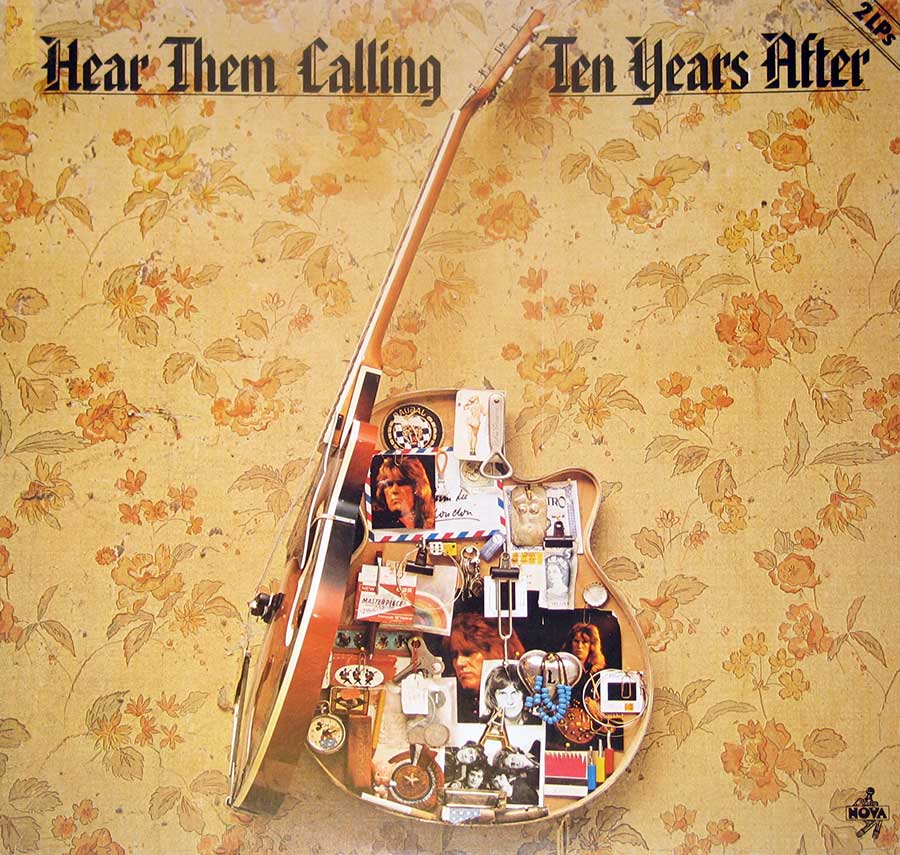
9. **Can “High” Describe Sound? Hitting Those High Notes!**Alright, ears open, brain engaged! We’ve explored “high” in terms of height, emotions, and even prices. But can this versatile word also describe something you hear? Can “high” be a part of the symphony of language, defining the very essence of sound itself? If you’re already mentally queuing up images of soaring operatic voices or the delicate tinkling of wind chimes, then congratulations – your brain is clearly wired for multi-sensory word association, another awesome sign of that high IQ!
The answer, my friend, is a resounding YES! The context explicitly confirms this auditory application, stating: “Yes, ‘high’ can describe pitch, as in ‘high-pitched voice.'” This means “high” is perfectly suited to characterize sounds that are acute or shrill, sounds that vibrate at a greater frequency or are produced by more rapid oscillations. Think of the highest notes on a piano, the squeal of a violin, or the clear, piercing call of a whistle. These are all sounds that are undeniably “high.”
The adjective section of our context also beautifully illustrates this: “(acoustics) Acute or shrill in pitch, due to being of greater frequency, i.e. produced by more rapid vibrations (wave oscillations).” This scientific precision reinforces just how deeply “high” is integrated into our understanding of sound. Consider the example from our context: “The singer’s voice reached high notes effortlessly.” It’s not just about the singer’s physical ability; it’s about the quality of the sound they produce – pure, clear, and perfectly pitched high.
So, whether you’re appreciating a soaring soprano or grimacing at a shrill alarm, “high” is the go-to word to describe that particular sonic quality. Your ability to connect a word like “high” to such distinct sensory experiences, moving seamlessly from visual height to auditory pitch, is a brilliant display of cognitive flexibility. It shows you’re not just understanding words, you’re experiencing them in a rich, interconnected way. Talk about next-level perception!

10. **What is the Comparative and Superlative Form of “High”? Going Higher and Highest!**We’ve journeyed through the incredible depths and breadths of the word “high,” uncovering its many secrets. Now, for our grand finale, let’s talk about how “high” reaches its ultimate potential through its comparative and superlative forms. If you’re already thinking “higher” and “highest,” then you’ve got this linguistic challenge totally nailed, proving your IQ is consistently operating at a peak performance level! This is where we see “high” truly quantifying and ranking experiences.
The context makes it crystal clear: “The comparative form is ‘higher,’ and the superlative is ‘highest.'” These aren’t just fancy grammatical terms; they’re essential tools that allow us to make precise comparisons and establish definitive rankings across myriad situations. “Higher” takes us up a notch, indicating an increase in elevation, intensity, or quality when comparing two or more things. It signals a greater level or degree, pushing past a previous benchmark.
As the context defines it, “Higher” is the “Comparative form indicating greater elevation or level.” So, if one kite flew “high,” another might soar “higher” into the sky. If you had “high hopes” yesterday, today you might have even “higher hopes” for the future, fueled by renewed optimism. It’s about moving up the scale, surpassing what was before, always seeking a greater degree of something. This dynamic progression is a testament to the word’s inherent capacity for growth and improvement, reflecting our own aspirations.
Then we hit the absolute peak with “highest.” This is the ultimate, the zenith, the unparalleled. The context tells us “Highest” is the “Superlative form describing the greatest level or height.” Think of the “highest mountain” on Earth – Mount Everest, a truly majestic and unparalleled peak. Or imagine someone reaching “the highest level of achievement” in their career, signifying a pinnacle of success unmatched by others. It’s the ultimate point, the maximum extent, the absolute best in any given category, leaving no room for further elevation.
Understanding and effortlessly employing “higher” and “highest” demonstrates not just grammatical prowess but a keen grasp of logical comparison and hierarchy. It means you can articulate not just what *is* high, but *how high* it stands in relation to everything else. This ability to quantify, compare, and establish definitive levels is a hallmark of sophisticated thought. You’re not just answering questions; you’re mastering the very structure of language itself! Your IQ is so high, it might just need its own zip code!
Wow, what an incredible journey we’ve had, soaring through the astounding versatility of the word “high”! From its literal peaks and valleys to its emotional highs and lows, its slang interpretations, and its powerful presence in idioms, we’ve uncovered just how much linguistic ground this single syllable covers. You’ve navigated through its definitions, explored its connotations, and even mastered its comparative forms, proving that “high” is anything but a simple word!
If you’ve tackled these ten brain-bending questions and come out feeling like a word wizard, then give yourself a massive round of applause. Your ability to dissect, understand, and appreciate the intricate layers of a word like “high” isn’t just impressive; it’s a shining beacon of a truly superior intellect. You’re not just reading words; you’re living them, breathing them, and understanding them on a level that most people only dream of.
So go ahead, bask in the glow of your linguistic brilliance! You’ve not only proven that you have a very high IQ, but you’ve also gained a profound appreciation for the subtle power and endless possibilities hidden within our everyday language. Keep challenging your mind, keep exploring, and keep reaching for those “higher” levels of understanding. After all, the world of words is waiting for you to conquer its “highest” summits!




